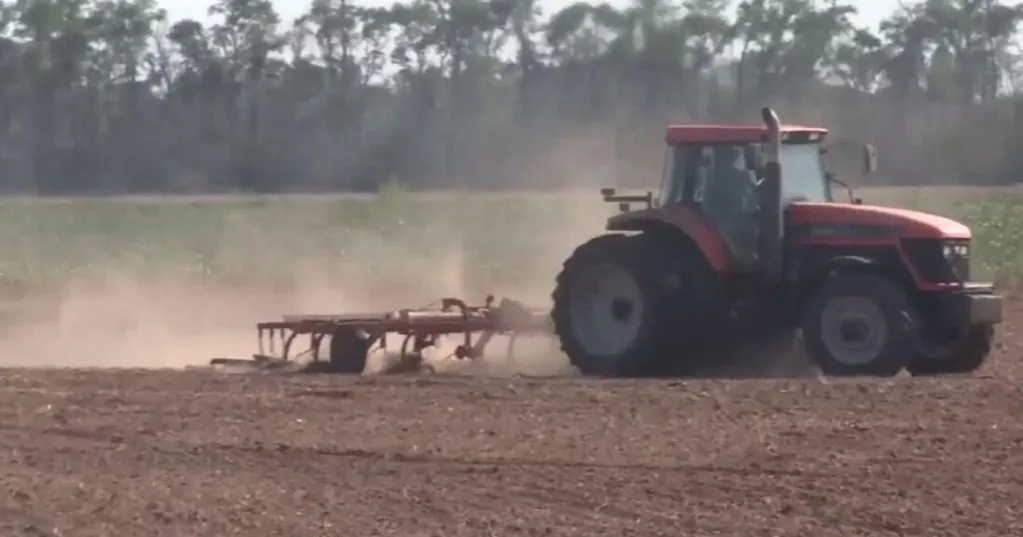Cutter joined the WJZ First Alert Weather Team in March of 2025. Born and raised in the Gulf Coast, Cutter developed his love for weather while tracking hurricanes and watching pop-up summer thunderstorms in Houston. His first on-air role was in Lubbock, Texas, while attending Texas Tech University.
Drought conditions have been present in portions of central Maryland for nearly 300 days heading into the summer.
The extended period of dry weather comes with a steep cost: Water.
Liberty Reservoir reached a 20-year low in late spring, prompting voluntary water restrictions. State and local officials are closely monitoring the drought's impact on both surface and underground water levels.
"There is a cause for concern anytime there is a drought," said Evan Carrozza with Baltimore County's Department of Environmental Protection and Sustainability.
"We would consider it more of a concern at this point, not a crisis in any way," he added. "Just because we had a lot of precipitation in May, there is about a four- to six-month lag period for groundwater recharge."
With the change of seasons, heavier rains have returned to Maryland, but this is just a drop in the bucket of drought relief.
According to Carrozza, the area gets the least amount of groundwater recharge during the summer months.
"That's because you lost a lot of evaporation, you have storm water runoff, and then you have vegetative uptake," Carrozza said. "So, plants and trees are taking a lot of that precipitation. You don't get as much recharge in the summer months."
It takes a while for a drought to develop, and it can take even longer for conditions to improve.
To declare a drought officially over and to get groundwater levels back to normal, Maryland needs to see frequent rainfall throughout the summer. People have an impact, too.
During a drought, residents are urged to be water savvy around their homes and in their gardens.
- Be conservative with the amount of water you use.
- Focus on deep, infrequent watering.
- Consider mulch to retain whatever moisture you do have in your garden's soil.
You can also reduce water usage by incorporating more drought-tolerant plants in your yard.
Inside your home, using a dishwasher to clean dishes can help limit water waste. It may seem small, but turning the water off while brushing your teeth can also reduce your water use over time.
Small everyday changes can make a large difference over time.
A small number of residents in north-central Baltimore County have reported having issues getting water from wells. The drought conditions could be contributing to these isolated issues.
Collecting rainwater around your home will reduce the amount of well and reservoir water you use, while also reducing your water bill.
Consider a rainwater storage system, like a rain barrel.
Marylanders and Mother Nature will need to work together to improve drought conditions and bring water levels back to normal.
